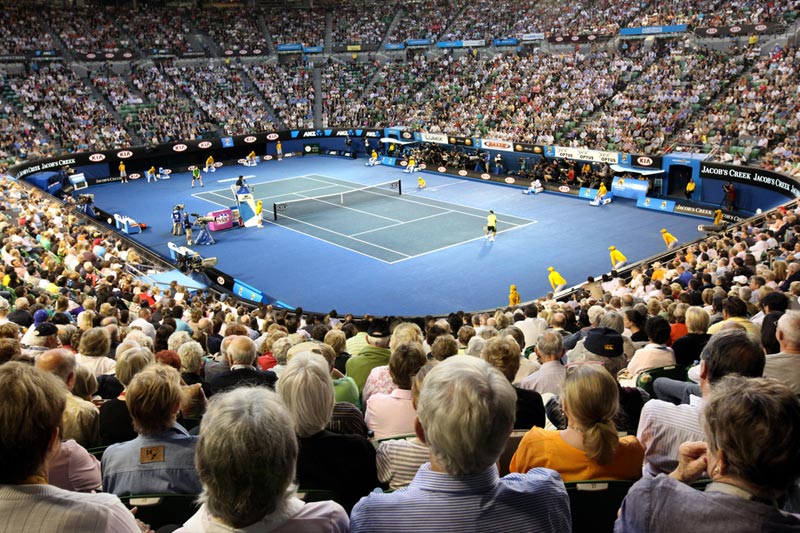By Ian Ransom
MELBOURNE, May 22 (Reuters) - Three of John Newcombe's countrymen have won more Grand Slam singles titles but any doubts about his standing in Australian tennis are put to rest at the sport's annual awards night.
The Newcombe Medal, awarded to the country's best player each year, stands as a perennial tribute to the man with the handlebar moustache who won Wimbledon three times and was the last in a golden era of Australian men's champions.
With a thumping serve and fierce forehand, Newcombe won the Australian Open and U.S. Open twice along with 17 Grand Slam doubles titles in the 1960s and 70s.
He also helped Australia win five Davis Cups.
But the man nicknamed "Newk" is much more than the breadth of his trophy cabinet to a country not short on sporting success.
To many Australians he remains the essence of what a sportsman should be: ultra-competitive, classy, and partial to a cold beer after a hard slog on court.
Emerging from the shadows of compatriots Roy Emerson (NYSE:EMR) and Fred Stolle, a clean-shaven Newcombe started slowly in the sepia-toned amateur era but burst into the spotlight by winning Wimbledon in 1967 in the year of its first colour broadcast.
Months later he had his second major when he beat Clark Graebner at the 1967 U.S. Nationals.
A telegenic champion, Newcombe was courted by professional promoters and became part of the "Handsome Eight", the original eight players on the World Championship Tennis circuit in 1968.
That cost him a chance to go for a third successive Wimbledon title in 1972 when organisers banned WCT players and he joined the top men's players' boycott of the tournament the following year.
Distracted by multiple business interests, Newcombe's world number one ranking was taken by Jimmy Connors in 1974, setting up a grudge match with the young American in the final of the 1975 Australian Open.
In blazing heat, a 30-year-old Newcombe downed Connors in four sets on the Kooyong grass to clinch his seventh and final Grand Slam singles crown, possibly his hardest-earned career triumph.
(Editing by Peter Rutherford)
